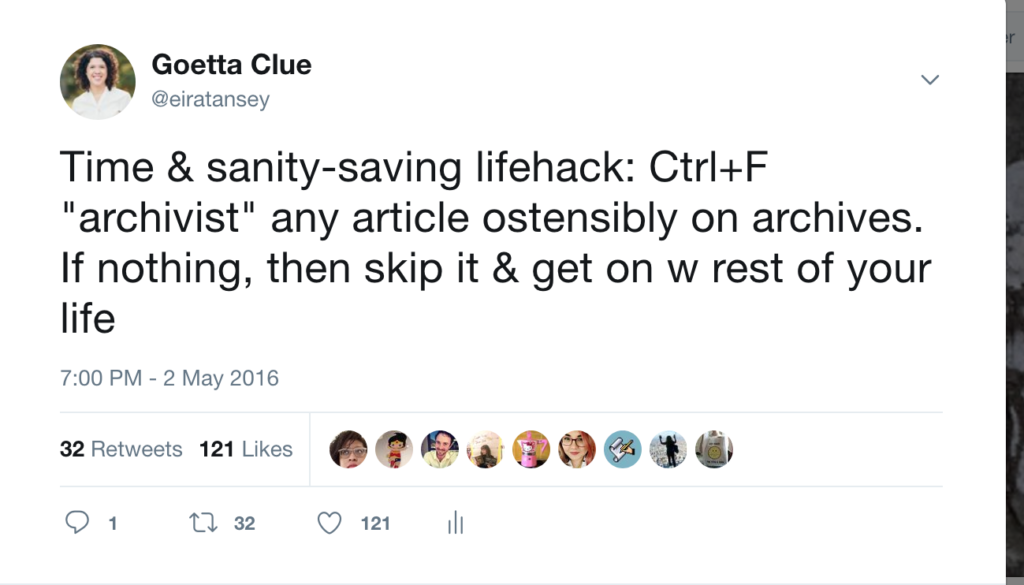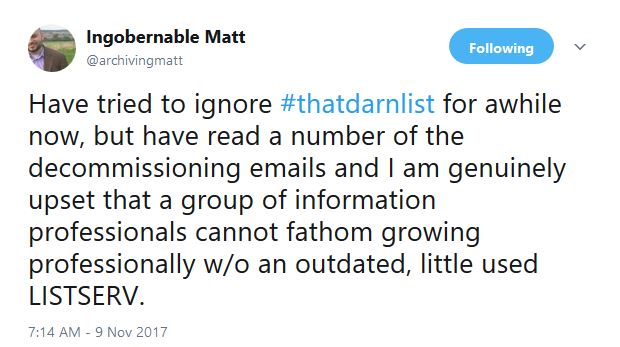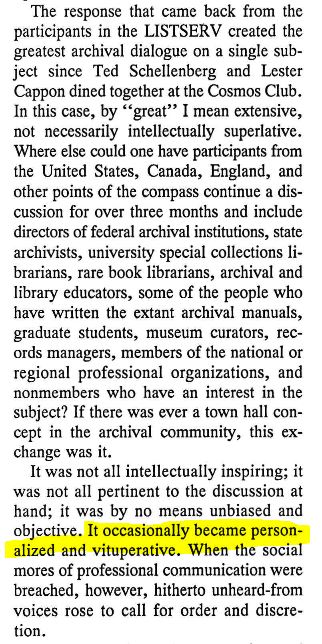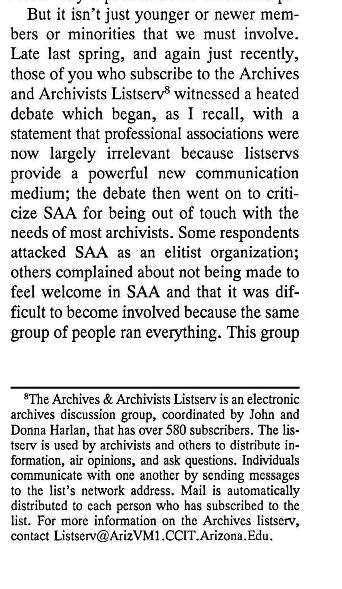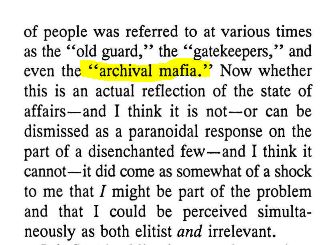How to ask a busy person for something
Learning how to ask a busy person for something is a skill that few people are taught. It encompasses a range of personal and business etiquette skills. I am a busy person who often has to ask other busy people for things. Busy people ask me for things. People who are not busy also ask me for things. I have totally screwed up asking a busy person for something, so I am also speaking from experience. My husband likes to tease me by saying I am obsessed with RULES!!!! but sometimes I suspect people are craving for someone to write down all of these unspoken norms. So let’s talk about what works and what doesn’t.
Before I share my own practices and preferences, a few caveats: I am a white Midwestern woman in my late thirties who grew up in a lower middle-class family with parents who worked in non-profits and education. I was a weird kid who would occasionally read Emily Post etiquette books, and to this day have a tendency to over-research new situations so I am prepared for all possible outcomes. I am also a Quaker and put disproportionate emphasis on integrity and equality which can sometimes be at odds with traditional etiquette practices. After working 15 years in a salaried role, I switched to self-employment almost two years ago, and that has also shifted some of my thinking regarding what is an appropriate and inappropriate ask depending on one’s employment status (more on this here).
This advice is likely most useful to folks working in North American libraries, education, nonprofit, and similar work. It is also written mainly for those who do not have a close preexisting relationship with the person you are asking. Once you have an established relationship with someone, you generally have a mutually negotiated level of trust and communication preferences that will likely be much more flexible than how you communicate with strangers or acquaintances. By the way, if you’re interested in this topic from the point of view of others, here are a couple articles from guys in venture capital and tech.
What is fine with me may be anathema to someone else. For example, I do not have strong personal preferences about honorifics and when to address people as “Dear Dr./Ms./Mr./Mx. Last Name” versus “Dear First Name,” as Quakers have a long historical tradition of avoiding honorifics and titles. However, plenty of other busy people value these titles and honorifics for very understandable cultural reasons.
Bottom line: etiquette is both an intensely cultural phenomenon and also very situational.
THE BASICS
The more upfront work you put into your ask and the more you anticipate the possible questions your busy person might have, the more likely you will get a quick response and potentially a yes. Show that you have done your homework by making it clear why you are asking me in particular, or that you’ve done some basic information gathering before reaching out. While the secret to being viewed as extremely competent is having good scripts you can adapt for all sorts of situations (I have several Google Template responses that I use in my working life), I like to see that your ask was at least personalized for why I’m being asked and not some other random person. Do this by presenting as much information as you can as concisely as possible. Do not be vague.
Here are typical examples of vague requests I get:
- “I am thinking about becoming an archivist. Can you talk to me about your career path?”
- “I want to put together a panel for next year’s conference about archives and social justice. Will you be on it?”
- “I am working on a committee project about libraries and climate change. Can I ask for your thoughts?”
These are vague asks because they do not have the level of detail that my over-scheduled, spreadsheet-driven, calendar-addicted, beyond caricature Capricorn brain needs in order to give you a quick response. By being vague, the requester has transferred executive function responsibility on to me to ask questions that could have been answered in their opening ask. Now it’s my responsibility to have to ask all sorts of questions about scheduling, how much time it will take, what kind of role you are planning to play, and, if a considerable amount of my time is involved and it isn’t obviously a potential business conversation, what stipend or other benefits are on the table.
Really busy people will often ignore these vague asks because they are so swamped that it’s not worth their time to try to get those additional details. I am a recovering people pleaser so I try hard to at least acknowledge every ask I get (sometimes I fail! My inbox was seriously in chaos mode for much of last year when I was hospitalized and experienced a concurrent death of a parent, and then months later experienced multiple hospitalizations of another parent!!!!), but I also keep a vast mental Rolodex (did you know they actually still sell these) on the vibes of the asks I receive. A very specific and tightly written ask signals “this person is on my wavelength and even if we can’t make it work now, I want to leave the door open for the future” and I’m much more likely to send an enthusiastic response or suggestion if I cannot say yes in their timeframe.
Here is how I prefer that a vague ask would be rewritten:
- “I am thinking about becoming an archivist and have started to apply to library schools. I have been a circulation desk student worker at Regional University library and my supervisor recently shared a webinar you gave to Regional Archives Association about climate change and archives that appealed to me because I am involved with my neighborhood community garden. Do you have time next Wednesday or Friday afternoon so I can ask you some questions about what library school courses would be helpful for an archives career?”
- “I want to put together a panel for next year’s conference about archives and social justice. The conference is scheduled to be in November 2024 in Nashville and the proposal deadline is in two months. I am currently seeking a speaker on climate change. I envision a 45-minute panel of three speakers who will have 10 minutes each with time for Q&A, and I think a short summary of the themes from A Green New Deal for Archives would be great. The conference is only occurring in-person, so this would require travel on your part. Would you be interested? If so, let me know and I’ll send out a Doodle poll for a one-hour planning meeting next month once I confirm other speakers.”
- “I am on Fancy University Library’s new committee on sustainability. We are collaborating with the Fancy University climate justice student activist group on a day-long event scheduled for this fall. We are wondering whether you might be interested in teaching a workshop on historical research and climate change activism since many of these students are interested in archives. We do not have a final budget, but our Dean has indicated her tentative support for the project. Our committee is meeting next Thursday afternoon to discuss event planning if you are able to join us for 20 minutes, or feel free to send us a scheduling link if that time is not good for you.”
Now, with all these examples, I won’t necessarily say yes, but it gives me virtually all the information I need to send back a useful response so you aren’t left hanging. This level of detail allows me to check my calendar to determine if I am available, and if I am available, if it’s worth spending my time on. And if I cannot make it work, or if it’s not a good fit for any number of reasons, I also have enough context to offer some suggested resources or alternative contacts.
SCHEDULING BEST PRACTICES
You’ll notice in all my rewritten asks above, the asker took a proactive approach to scheduling. Open-ended requests with “I know you’re busy so let me know what time works best for you” probably sounds polite but it doesn’t work with a busy person like me (who does not have anyone managing my calendar for me but a girl can dream) because it actually puts more work on me to go in and identify which of my few open slots over the next few weeks I want to offer up (not knowing if when I do, it’ll turn out not to be a good time for you and it will turn into an irritating scheduling back and forth). If you throw out a few dates, then I can quickly check my calendar and get back to you.
When you are asking someone to do a thing, you need to be prepared to assume the responsibility of all scheduling logistics unless they go out of their way to indicate it is something they would prefer to handle. Once someone responds to your request, be proactive in setting up a calendar invitation with all the information they need to connect with you (like a Zoom or Google Meet link, or what number you’ll be calling from if it’s an old-fashioned phone call) and email it to them as quickly as you humanly can. I usually like to send the same logistical information in an emailed response to the last email I received from them since sometimes people don’t always use calendaring systems, and it never hurts to have meeting information like time/date/Zoom link in multiple places.
If you are asking a busy person to do something in a group and this requires the use of something like Doodle or WhenIsGood for everyone to declare their availability within a specific span of days/weeks/months, then please use these services responsibly and with mercy. Nothing drives me more absolutely bananas than holding several slots open on my calendar for more than a few days. Reliance on Doodle polls that stretch out for way too long for everyone to respond is getting so completely out of hand in library circles that I purposely under-report my availability. This way I am not locking up a bunch of my calendar unnecessarily, especially because this is often an unpaid commitment that could otherwise be potentially billable time. As a self-employed person, time is my primary inventory. Asking for someone’s availability has a very short statute of limitations: it is rude to ask for people’s availability and then not act as quickly as you can, since they may have put a schedule hold on their calendar while waiting for you to make a final decision. Here’s how to responsibly ask a group for their availability:
- Provide everyone a deadline to respond to the scheduling poll and keep it short (like a week or 5 business days)
- Do not offer 20,000 time slot choices. I think once you offer more than 5 days for people to pick from, you’re getting into decision fatigue zone. People are so worried about including every single person’s scheduling constraints that they forget about the tyranny of choice. This is why we have minutes, so if one person on a committee can’t make it, you can send them a recap of what they missed.
- Enforce your deadline by sending out a “one last day to respond” reminder to the group, and then send everyone a calendar invitation with the Zoom/meeting info inside. Also, try to send out information separate from the calendar invitation about what you’d like those who cannot attend to do if they cannot make it. If someone declines your calendar invitation due to availability, they will not have access to any agendas/notes if this is the only place you linked these items.
Let’s talk about the use of scheduling links. You should be aware that that the use of scheduling links is subject to a lot of business etiquette debate at the current moment. Calendly is probably the most famous scheduling tool, but they basically all work the same. You select a time from a busy person’s calendar (they have already determined their windows of availability in which they are willing to take meetings) and typically you then receive a Zoom or Google Meet link, either automatically or once they have approved your request.
I don’t necessarily mind an ask that directs me to a scheduling link, however I appreciate when it is worded thoughtfully, especially because not everyone is into scheduling link culture and it can otherwise come across as a bit presumptuous (like placing a call to someone then immediately putting them on hold). A good way to phrase this would be “If you are interested, does Wednesday afternoon work? I am wide open that afternoon, but if you are not available, please feel free to use my Calendly link, or if you have your own scheduling link, feel free to send it to me.”
Really busy people often have assistants, and this is great news for you if they confirm their interest, because assistants are amazing and incredible professionals who spend their days juggling really busy people’s calendars for a living. In general Quakers frown on playing the lottery, but if I knew beyond a shadow of a doubt I would win, I would do it (sorry God!) so I could hire someone to be my assistant and handle all of this for me. The really busy person will typically either forward your request to their assistant or copy them in, and then you can take your cues from there. Sometimes assistants screen incoming email for whoever’s calendar they manage, so it’s possible they’ve already been in the loop from the second your email hit the busy person’s inbox. You never know who is reading and forwarding your emails besides the addressed recipient, so always be polite and courteous.
Finally, I can’t believe I have to say this but apparently I do: always, always, ALWAYS send a thank you communication after the busy person follows through. I don’t really care if it’s email, snail mail, or a passenger pigeon brought back from extinction through some questionable genetic science. I try to give freely and try very very hard not to keep score, and I can also tell you that I have done things like written recommendation letters, given talks to classes, and made key business introductions and never received any kind of follow up. That bums me out! There’s no reason not to send a quick thank you email. In an age of AI writing prompts, you have no more excuses, sorry. You can even ask ChatGPT or Google Gemini something like “Please help me write a thank you note to a very uptight Capricorn who has a weird obsession with rules to express my appreciation for something they did.”
SEE YOU IN MY INBOX!!!!
